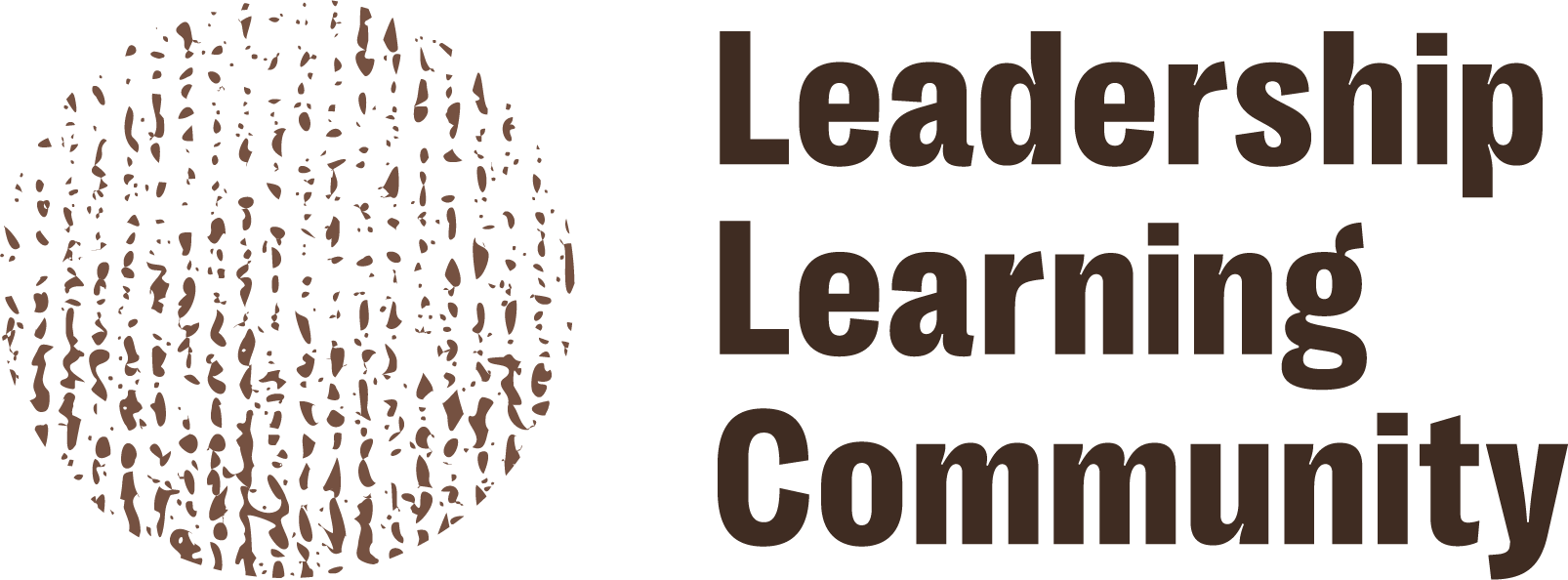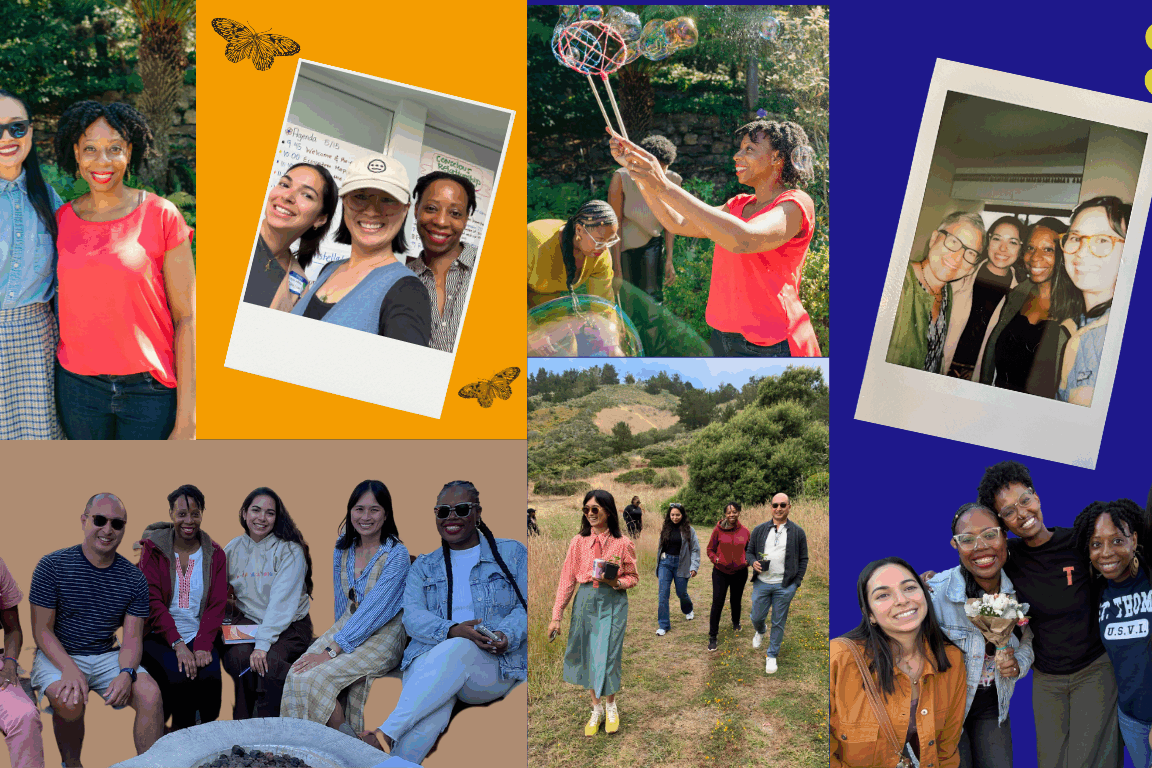When I was first introduced to the concept of love-centered change work, I was pretty skeptical; something about the idea felt discordant, almost disconnected from the struggle for change I was accustomed to. So when the topic came up, I would nod appreciatively in a socially appropriate way, but I held a pretty sizable kernel of doubt for a long time. While I still have many questions about how to execute this approach best to change concrete conditions and recalcitrant oppressive structures, I have observed an evolution in my thinking.
The shift initially occurred when I was introduced to somatics-based leadership practices by friends and colleagues I trusted. In these spaces, we exposed our hurts and vulnerabilities, our personal and collective traumas, and those we may experience as individuals and as members of oppressed communities. Learning approaches and processes for creating room for healing while simultaneously conducting typical policy campaigns to change material conditions helped to erode my resistance to love-centered change work.
My openness toward the idea of centering love was further triggered by observing the often hurtful ways in which folks involved in change work treat each other. I began to wonder if there was some missing nuance, something to explain why in movement spaces, we sometimes quickly turn weapons used against opponents against each other and where relatively subtle differences result in huge gulfs between those who could be allies.
To me, there is an intersection between the work of centering love and the overarching pursuit of wholeness, one of the primary goals of justice and anti-oppressive work. Suppose we are attempting to reimagine leadership, build systems that challenge inequity, and support the leadership of directly impacted people who have borne the disproportionate burden of injustice. In that case, there has to be a commitment to healing and wholeness. Although I find the idea of approaching leadership from a place of love fascinating and energizing, only in the last few years of my work life, has this ceased being a secondary goal. And, if I’m being sincere, I must admit that there are still places where I have questions and where I know my practice isn’t quite up to snuff. I don’t think I’m alone in this so we will offer opportunities for collective exploration of these topics at upcoming LLC gatherings such as Creating Space 2019.
Some of the topics we may dig into include:
- How do we create space for folks to own their anger, disappointment, and hurt without creating or utilizing weapons that we ultimately turn against each other?
- How do we center love without marginalizing the real damage people have committed or experienced?
- How do we build unity through differences without masking substantive divergences?
- What do we mean by “love,” “centering love,” and “leading with love,” and how are we connecting these concepts to purpose? When I broached the topic with a friend who has similar reservations, she said: “Love for what? I don’t love everyone,” and noted that what is important to her is learning how to lead with values, seeing the humanity in people, and not treating anyone as disposable. There is room for contemplation and discussion.
There is a substantive overlap between these questions and previously suggested Creating Space topics, such as “Best practices for building intergenerational movements: Creating room in our work to recognize the wisdom and innovations of everyone, regardless of age.” And “Exploring ways to structure our work to interrupt oppression rather than replicating it.” The connections may not be apparent. However, in both examples, we are attempting to understand how leading with love shows up in how we treat each other and how to make leading with love actionable.
The overarching theme of Creating Space 2019 is shifting power for justice. The lens of love-centered work offers an opportunity to explore the purpose of our work. Unpacking why we are endeavoring to shift power, make a change, and clarify the nature of the world we are attempting to create.




